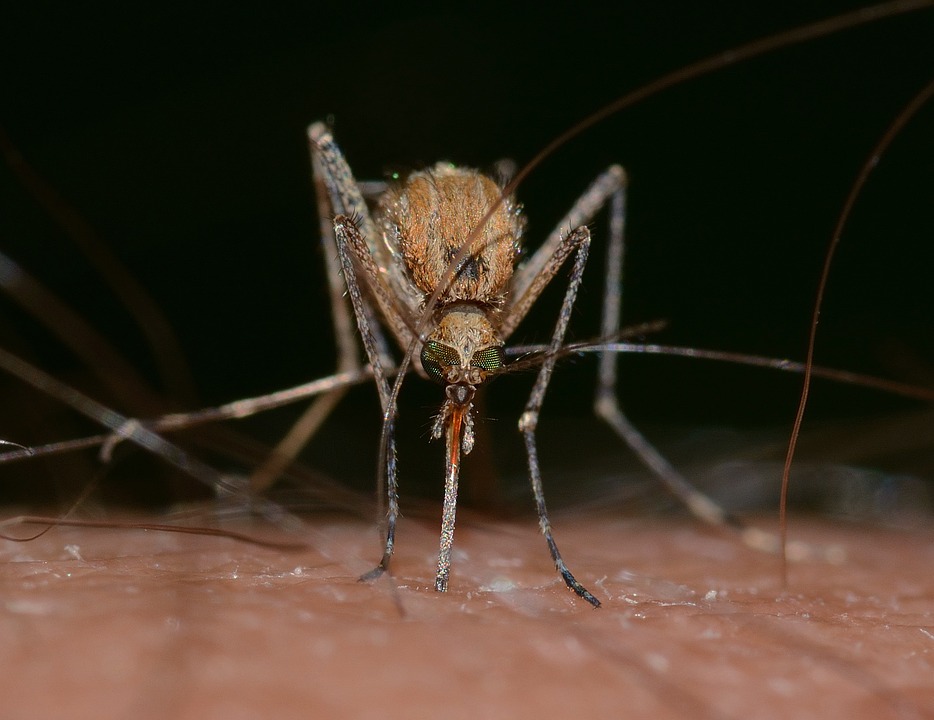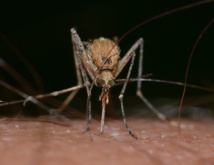The first cases of Zika infection were marked in Brazil in May. Recently the virus has been found in Panama (three cases), Paraguay (six cases), Mexico (three cases), Venezuela (seven cases), Guatemala, El Salvador, Suriname and Colombia.
The WHO advises the authorities of these countries to take additional measures in case of a possible deterioration of the epidemiological situation. Signs of the Zika disease come out in only one out of five cases. Most often, these symptoms are poorly expressed, and are limited by pain, fever and rash on the body. A vaccine against infection has not been created yet.
For the first time, the virus was found in 1947 in a wooded area of Uganda called Zika. The disease was detected in rhesus monkeys. The virus is carried by a mosquito Aedes Aegypti. Clinical signs of disease are skin rash, fever, pain in joints and muscles, as well as headache.
In November, the Ministry of Health of Brazil confirmed that Zika virus infection causes the child microcephaly during pregnancy. This is a birth defect, resulting in a significant decrease in the skull’s size and accompanied by mental retardation, neurotic disorders, hearing and vision.
Since the beginning of the year, 1248 newborns with signs of microcephaly were born in Brazil - seven times more than in 2014. Moreover, the country's authorities do not rule out that two deaths of adult Brazilians this year are also associated with Zika.
"Taking into account the increased levels of Zika’s transmission in the Americas, PAHO/WHO recommend its Member States establishing and maintaining potential to detect and confirm cases of the Zika infection, prepare their health services to a potential additional burden at all levels of medical care and conduct effective public awareness strategies to reduce number of mosquitoes that transmit the disease, especially in areas where vectors are present,"- emphasizes the WHO.
Brazilian authorities fear that the virus spreading could have a negative impact on the country’s tourism industry. In addition, the Olympic Games 2016 in Brazil are in danger, too.
The Government of Brazil will send army units to fight the Aedes aegypti mosquito, said earlier the country's health minister Marcelo Castro. "I admit that in recent years we have made insufficient efforts to combat these insects, and we have been losing the battle so long. It is necessary to mobilize all our forces, we are talking not about numbers, but about lives," - said the Minister.
source: livescience.com
The WHO advises the authorities of these countries to take additional measures in case of a possible deterioration of the epidemiological situation. Signs of the Zika disease come out in only one out of five cases. Most often, these symptoms are poorly expressed, and are limited by pain, fever and rash on the body. A vaccine against infection has not been created yet.
For the first time, the virus was found in 1947 in a wooded area of Uganda called Zika. The disease was detected in rhesus monkeys. The virus is carried by a mosquito Aedes Aegypti. Clinical signs of disease are skin rash, fever, pain in joints and muscles, as well as headache.
In November, the Ministry of Health of Brazil confirmed that Zika virus infection causes the child microcephaly during pregnancy. This is a birth defect, resulting in a significant decrease in the skull’s size and accompanied by mental retardation, neurotic disorders, hearing and vision.
Since the beginning of the year, 1248 newborns with signs of microcephaly were born in Brazil - seven times more than in 2014. Moreover, the country's authorities do not rule out that two deaths of adult Brazilians this year are also associated with Zika.
"Taking into account the increased levels of Zika’s transmission in the Americas, PAHO/WHO recommend its Member States establishing and maintaining potential to detect and confirm cases of the Zika infection, prepare their health services to a potential additional burden at all levels of medical care and conduct effective public awareness strategies to reduce number of mosquitoes that transmit the disease, especially in areas where vectors are present,"- emphasizes the WHO.
Brazilian authorities fear that the virus spreading could have a negative impact on the country’s tourism industry. In addition, the Olympic Games 2016 in Brazil are in danger, too.
The Government of Brazil will send army units to fight the Aedes aegypti mosquito, said earlier the country's health minister Marcelo Castro. "I admit that in recent years we have made insufficient efforts to combat these insects, and we have been losing the battle so long. It is necessary to mobilize all our forces, we are talking not about numbers, but about lives," - said the Minister.
source: livescience.com



















